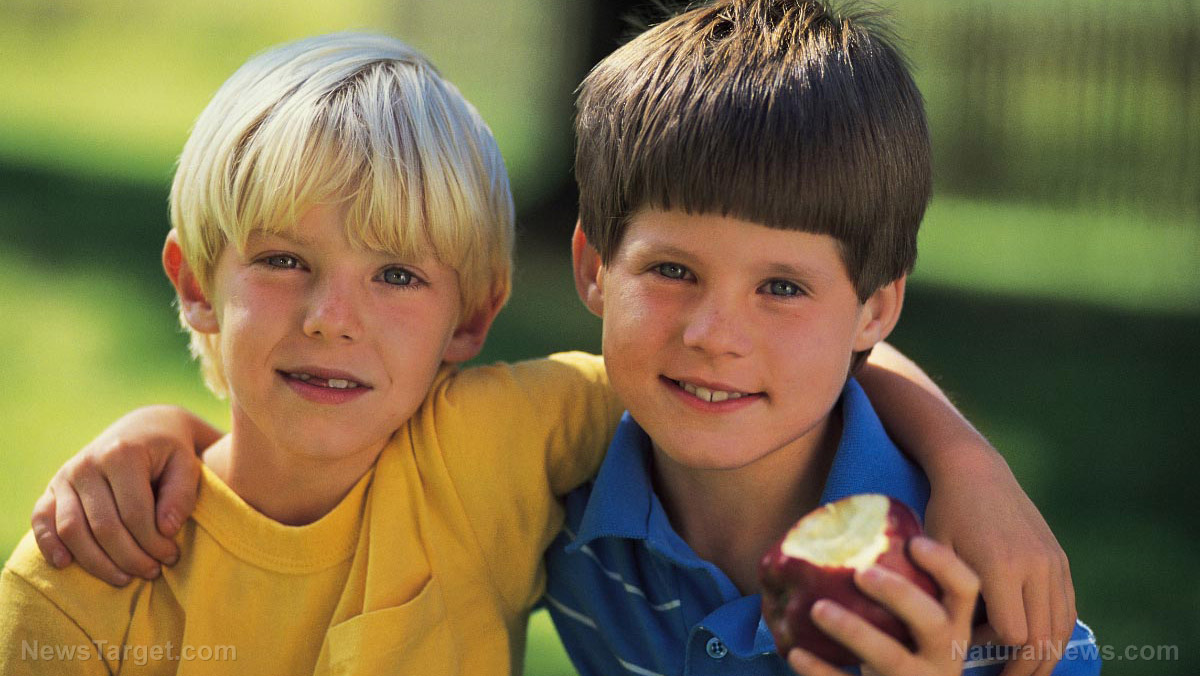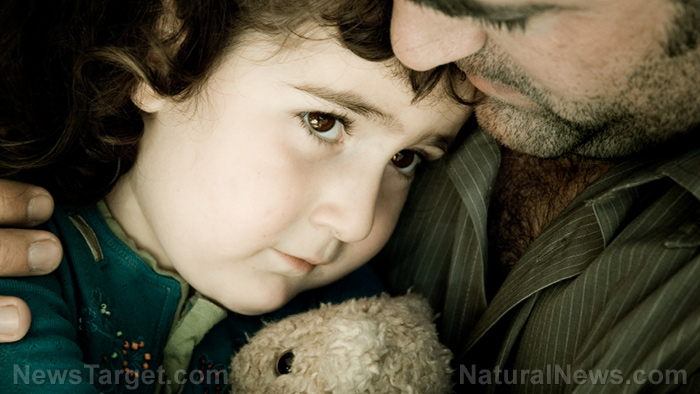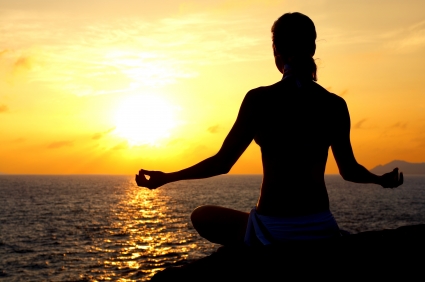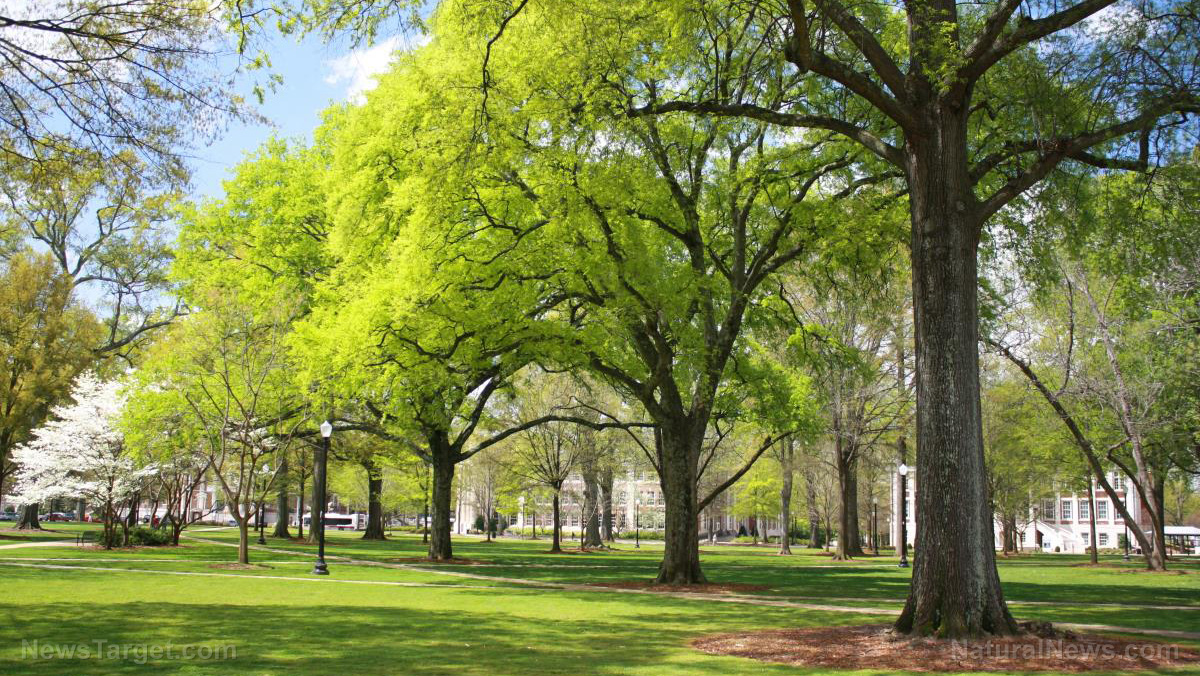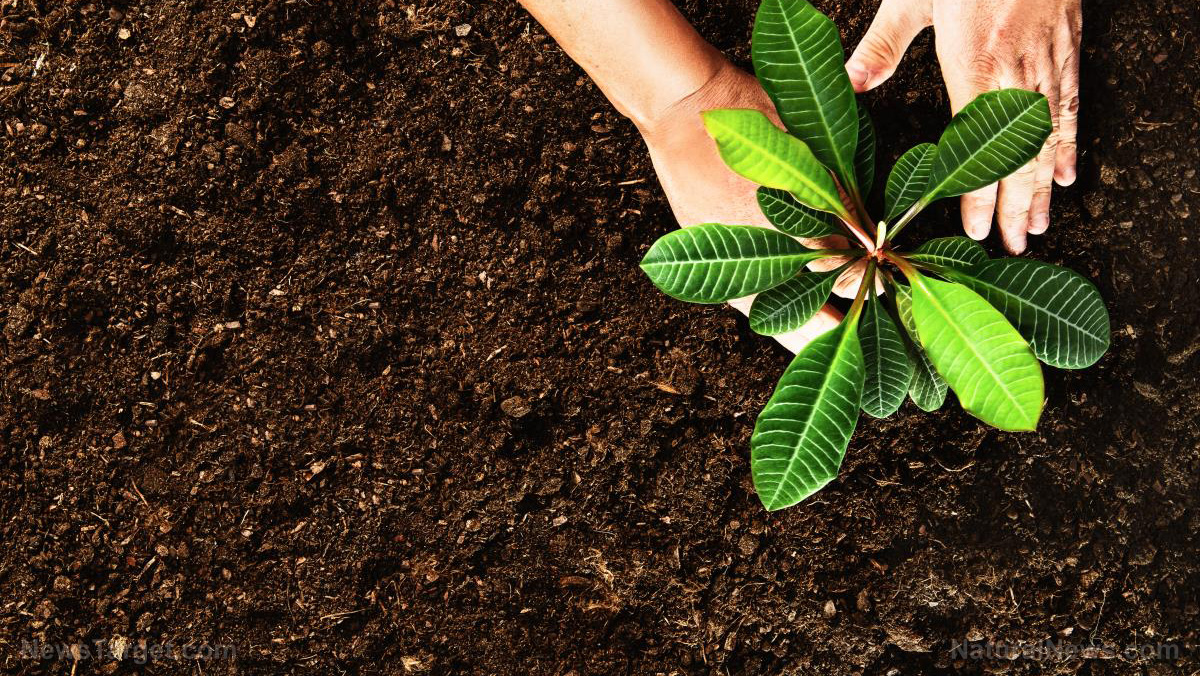Social science: Researchers determine we make friends based on individual qualities rather than group qualities
02/19/2019 / By Tracey Watson

Do you long to make more friends? As social creatures, most humans want to be accepted and have a close-knit group of friends with whom they can spend time and who they know they can always rely on in times of trouble. In fact, a lack of good friends can increase your risk of premature death from any cause by an astounding 50 percent, according to a study by researchers from Harvard University.
Now, an interesting new study by a collaboration of researchers from the Max Planck Institute for Evolutionary Anthropology and the University of California Santa Barbara, has confirmed that friendliness and being a “good person” are the most important criteria people subconsciously apply when choosing their friends.
Anthropologists recognize that humans have always instinctively searched for two types of friends: In-group friends who are part of their “tribe” or social circle, and out-group friends who are strangers from totally different circles, who can provide the individual with resources that are limited or unavailable locally. While individual qualities are important, access to available resources also factors into the decision.
Though the context has changed, the process remains much the same today.
But what makes one person a more attractive friend than another? The researchers set out to discover the answer by interacting with three populations of horticulturalists in the South American country of Bolivia.
These groups traditionally rely on fishing, farming and hunting, but in modern times have turned to buying and selling goods in local markets. This change has exposed them to a greater number of strangers from other ethnic and religious groups, changing the dynamics of their friendships. (Related: Social networking, virtual friends and the erosion of the social fabric of modern society.)
Anne Pisor of the Max Planck Institute for Evolutionary Anthropology in Leipzig, Germany, led an experiment in which participants were given a sum of money and shown some photographs of strangers from the same ethnic group as well as people they did not know from totally different ethnic or religious groups. They were then told that they could either keep the money, or choose to give it to someone from one of the photos.
The participants were also asked to provide feedback about their perceptions of the people in the images in several different categories, and to report any stereotypes, benefits or costs they felt could be associated with each person.
Max-Planck-Gesellschaft reported on the findings as follows:
[R]egardless of whether candidate recipients were from an in-group or an out-group, participants always showed a preference for recipients they thought were “good people” — that is, friendly and open, in Bolivian Spanish — by giving them more money.
“This is something I find again and again in Bolivia,” Pisor commented. “Having a friend who is a ‘good person’ is important above all else.”
Since subconscious human behavior is pretty consistent across different cultures, there is good reason to believe that being open and friendly and showing that you are a good person will go a long way towards having others choose you as a friend.
Fast Company reported on six other secrets of people who make friends easily:
- Be approachable;
- Get out there and take part in activities you enjoy;
- Project a positive attitude;
- Take the initiative instead of waiting for the other person to make the first move;
- Be sure to get contact details and keep in touch regularly; and
- Push yourself to accept invitations, even when you would really rather be doing something else.
Discover the link between your feelings and your health at MindBodyScience.news.
Sources for this article include:
Tagged Under: friendliness, Friendship, human resources, making friends, Psychology, research, science, social relationships





